|
||||||||
|
|
|
2018-02-05 ArtNo.46177
◆Judiciary in turmoil
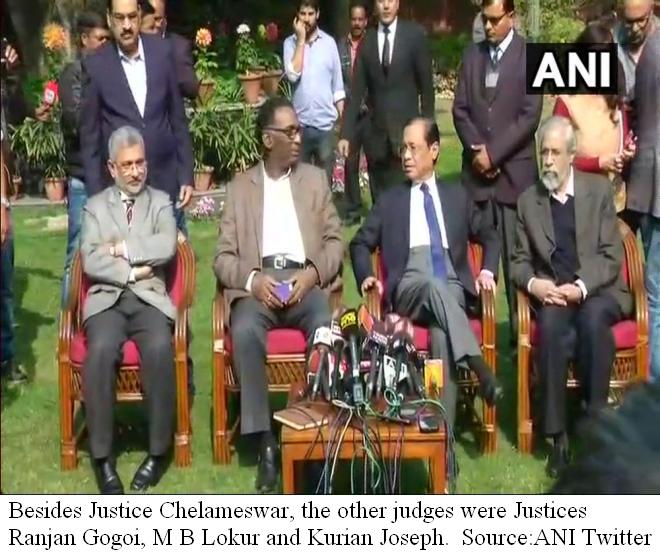 Regardless of who is right in the current dispute over the administrative functioning of the Chief Justice of India (CJI), the reverberations of what took place on Friday (12-01-18) will not easily subside and will be felt for a long time to come. There was ample evidence over the last few months that the highest court was in a state of ferment; the question is whether it could have been handled internally rather than be dragged into the open like this. Although Justices J. Chelameswar, Ranjan Gogoi, Madan B. Lokur and Kurian Joseph — the seniormost judges after the CJI — did not reveal too many details, it is clear that their grievances are rooted in their perception that Justice Misra is misusing his administrative powers to assign cases “selectively”, disregarding conventions on allocation of judicial work. They have added for good measure that cases with far-reaching consequences for the nation and the institution are being assigned to junior judges and Benches “of their preferences”, a suggestion that is being read by some as an ominous reference to an unknown external hand. While accepting the rule that the Chief Justice alone can decide the composition of Benches and allot judicial work, they allege that Justice Misra is departing so far from set conventions that it would have “unpleasant and undesirable consequences”, ultimately casting a doubt on the integrity of the institution itself. The letter written by the four judges to the Chief Justice, which became available to the media, and the manner in which the press conference played out, suggest that the grievances go much deeper than what was written or said. ○Prasad Education Trust case 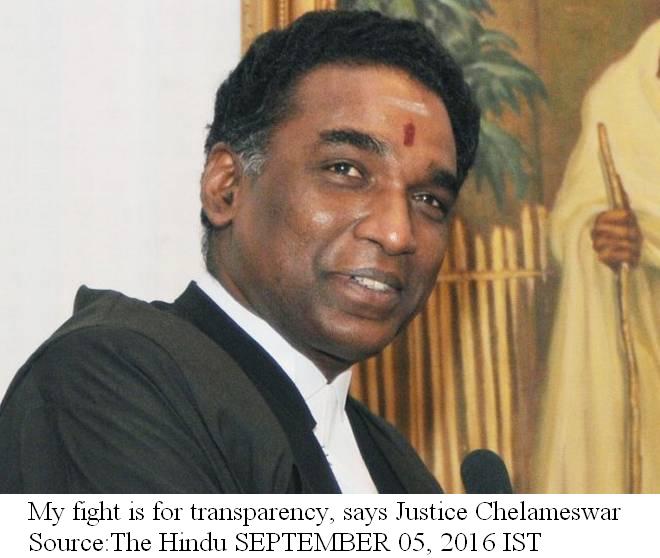 The germ that led to the outbreak of the current conflict could be the controversial Prasad Education Trust case, in which the petitioners alleged that some individuals were plotting to influence the Supreme Court. In an unusual order, a Division Bench headed by Justice Chelameswar went ahead to delineate the composition of the Bench to hear the case, in which charges of judicial corruption were made, coupled with hints that there would be a conflict of interest if Justice Misra were to hear it. Eventually, a five-judge Bench headed by Justice Misra overturned the order and asserted that the CJI was indeed the master of the roster and that he alone could assign cases and decide on the composition of benches. ○The death of special CBI judge B.H. Loya 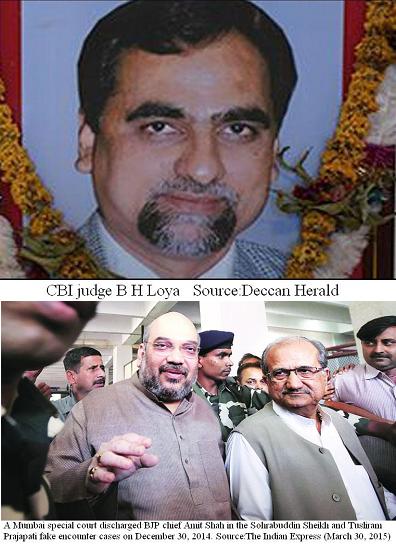 Judicial work is primarily allocated based on a roster, and individual cases are allotted to Benches based on the category under which they fall. Once the roster is fixed, the CJI should ordinarily see that it is duly followed. Exceptions must be rare, and that too only for compelling reasons. While it is not clear in how many cases such exceptions were made, the four judges seem to have had an issue over the petition that sought an inquiry into the death of special CBI judge B.H. Loya in 2014 being posted before a particular Bench. The deceased judge was hearing the Sohrabuddin ‘fake encounter’ case, in which BJP president Amit Shah was an accused but later discharged. Given the political sensitivity of the matter, the concern expressed over this case is something that must be squarely addressed in a way that dispels any misgivings. ○The story of the Prasad Education Trust case 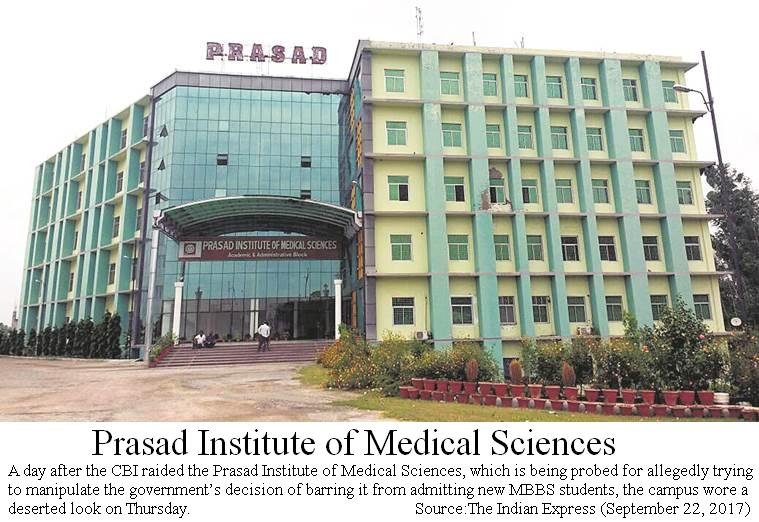 According to Hard News report (Published: 11/24/2017), the Prasad Education Trust was running a medical college. However, the Medical Council of India (MCI) prohibited the college from running the course for two academic years, 2017-18 and 2018-19, because of lack of infrastructural facilities. The trust appealed to the Allahabad High Court to overturn the MCI ruling, which the High Court refused to do. The case came up before the Supreme Court and it was heard by Justice A.M. Khanwilkar, who said that the ban on the academic year of 2017-18 would remain in place but that the MCI could be approached for reconsideration of the ban for 2018-19. The judgment was delivered on September 8, 2017. The CBI's FIR was filed on September 9. ○Sohrabuddin Sheikh fake encounter 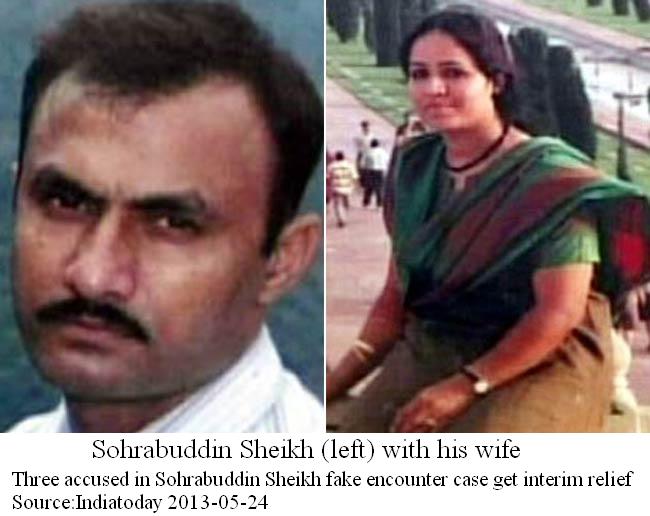 The Sohrabuddin Sheikh fake encounter is a criminal case in India in which the Gujarat state police killed Sohrabuddin Shaikh, a known criminal and alleged terrorist, on 26 November 2005. The state government's lawyer A T S Tulsi later admitted before the Supreme Court of India that the "gun battle" in which Shaikh had died had been staged by the Gujarat police. Such encounters are known as "encounter killings" in India. (English version Wikipedia) 【News source】 Judiciary in turmoil ‘Forum hunting’: Curious, convoluted drama in Supreme Court ○One world: The aim of SEAnews ◆Recruitment of Ad-SEAnews CanvassersYour Comments / UnsubscribeSEAnews TwitterSEAnews MessengerSEAnewsFacebookSEAnewsGoogleSEAnews eBookstoreSEAnews eBookstore(GoogleJ)SEAnews world circulation |
|
[Your Comments / Unsubscribe]/[您的意见/退订]/[ご意見/配信停止]
Please do not directly reply to the e-mail address which is used for delivering the newsletter. 请别用递送新闻的邮件地址而直接回信。 メールをお届けした送信専用アドレスには返信しないで下さい。 |